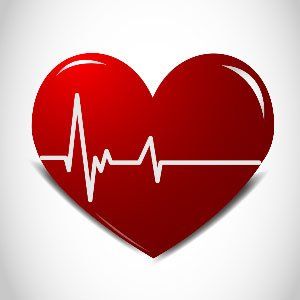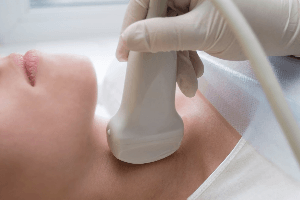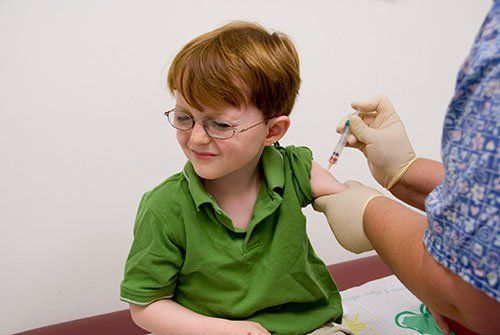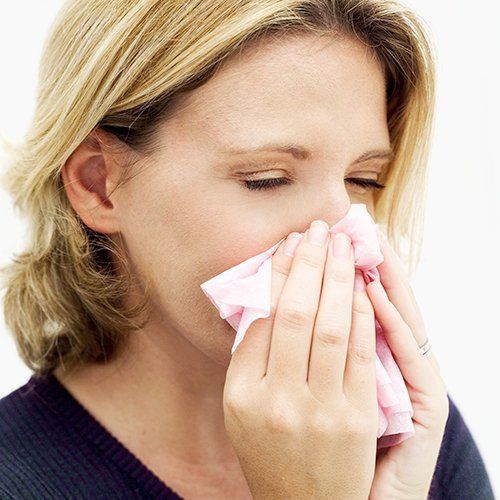4 DRUG-FREE METHODS FOR EASING KNEE ARTHRITIS SYMPTOMS
Admin • October 28, 2021

Sleep is essential for good health, both physically and mentally. Whether you experience frequent bouts of insomnia or you simply want to enjoy a more restful sleep, there are measures to take to help you achieve better sleep. Here's what you should and should not be doing.
1. DO Stay on Schedule
It can be difficult to sleep well when your sleeping schedule changes from one night to the next. If possible, try to keep your sleeping schedule consistent. For instance, if your ideal bedtime is 10 pm, stick to it every night. You may find that your body will become accustomed to falling asleep at the same time each night.
2. DON'T Take Work to Bed With You
You must find time to wind down after a hard day of work. When it's quitting time, shut off your mind, especially before bedtime. Do not think about deadlines and appointments for the next day.
3. DO Block Out Noisy Distractions
Is the outside traffic keeping you awake at night? Do the sound of chirping birds outside your window awaken you at 5 am? Sometimes noisy outside distractions can disturb your sleep. If so, there is a way around this.
Consider buying a soothing sounds simulator machine. These devices simulate various relaxing sounds, and you may preset the machine to turn off at a designated time. You may also choose from various sounds, such as a soothing waterfall or babbling brook, thunderstorm, ocean waves, or white noise. It helps to block out distracting noises that are disturbing to sleep.
4. DON'T Try to Make Up for Missed Sleep
A common mistake individuals often make is trying to compensate for lost sleep by taking long naps during the day. While napping can be important if you are ill, a healthy individual should avoid taking a long nap during the day if they've missed sleep the night before. Doing so may throw your body's internal clock out of whack, and you may find it more difficult to sleep restfully later that night.
5. DO Try Meditation
Studies show that meditation can improve sleep. If you are aiming for a deep and restful sleep, try meditating, either during the day or shortly before bedtime. Find a quiet spot to meditate, where you will not be bothered by distractions. If you are unsure of the best way to meditate, do some research and reap the benefits.
6. DON'T Stare at the Clock When You Cannot Fall Asleep
Don't lie in bed tossing and turning and staring at the clock if you cannot fall asleep right away. This may heighten your anxiety, as it causes a vicious cycle of battling with the time. If you cannot sleep, move to another room and read or listen to some soothing music.
7. DO Breathe Easy at Bedtime
Allergy and sinus sufferers may have a difficult time sleeping if their environment is not comfortable. If you're constantly "stuffed up" at night, consider buying an air purifier, humidifier or ionizer to eliminate pet dander, dust, and pollen. If allergy season bothers you, keep your windows closed at bedtime.
You might also try using some saline moisturizing nasal spray before bedtime. Doing so may help you breath easier by flushing out your sinuses.
8. DON'T Coop Yourself Up Indoors All Day
Try to get out in the fresh air and sunshine regularly. The fresh air may help clear your mind and ward off depression, while the sunshine may boost melatonin levels that help stimulate sleep. Aim for at least 15 or 20 minutes of fresh air and sunlight each day if possible. After doing so, you may find you're sleeping better.
While you're outside, try taking a long walk or doing some other form of exercise. Routine exercise may also help you sleep better at night.
As a final thought, see your physician
for a checkup. Some medical issues such as restless legs syndrome may cause sleep disturbances or insomnia.

The IUD, or intrauterine device, is one of the most effective methods of birth control available. Unlike birth-control pills, you do not need to remember daily to administer medication, and the device itself lasts longer than shots and is easier to use than rings. Many women find all of these benefits desirable for a birth-control method. There are two general types of IUDs available to women. The first type is the copper IUD, and the other is hormonal. Which one is right for your personal birth-control needs?

Although the risk of cardiovascular disease increases as you get older, many people who die suddenly of a heart attack didn't previously know they had heart disease. That's why identifying risk factors for heart attack and stroke is so critical to cardiovascular health. Fortunately, with regular exams and the many types of screening tests available, doctors can detect early signs of heart disease.

Even if you've never had cause to doubt your thyroid function, if you're a female who has recently given birth, you may be at risk for thyroid issues. An estimated 12 percent of Americans deal with thyroid trouble at some point during their adult lives, and women are significantly more likely than men to develop a thyroid-related ailment. Unfortunately for new mothers, many of the most common signs of an underactive thyroid (like weight gain, mood swings, fatigue, and irritability) are also quite common for those dealing with a newborn's frequent night wakings and the realities of a post-partum body. Read on to learn more about some common (and not-so-common) signs that you could be dealing with a pregnancy-induced thyroid problem as well as some treatment options that can be safely administered or performed while you're breastfeeding. What Can Cause Thyroid Problems During Pregnancy? As with many other hormonal disorders, there are often more questions than answers when it comes to thyroid function. However, researchers have pinpointed a few factors and health conditions that can raise the risk of a woman’s developing a thyroid issue during or immediately after pregnancy. For example, while only around 7 percent of women are at a general risk of developing postpartum thyroiditis, this risk increases to 25 percent for women who have Type 1 diabetes or who dealt with elevated antithyroid antibodies during pregnancy. Women whose anti-peroxidase (anti-TPO) antibodies were elevated during pregnancy may have a 1 in 2 chance of developing postpartum thyroiditis, and those who have dealt with thyroid issues in the past (or during previous pregnancies) also deal with a significantly increased risk. In other cases, thyroid problems may have no cause that can easily be pinpointed; the rush of various hormones during pregnancy and the strain they can put on various systems, including the endocrine system, can create a sort of "perfect storm" in which thyroid problems may thrive. What Are Some Signs You're Dealing With Post-Pregnancy Thyroid Issues? Thyroid problems can take a number of forms, including hypothyroidism (an underactive thyroid), hyperthyroidism (an overactive thyroid), Graves' disease (an autoimmune condition that causes goiter), or Hashimoto's disease (an autoimmune condition in which the body's immune system attacks healthy thyroid cells, eventually stopping all thyroid function). The signs and symptoms for each thyroid disorder are unique and often at opposite sides of the spectrum. For example, hypothyroid patients often report being cold, having dry skin, sleeping more than normal, or gaining weight without trying while hyperthyroid patients sweat profusely, suffer from insomnia, and can lose a significant amount of weight in a brief period. Postpartum thyroiditis often manifests as either an underactive or overactive thyroid, which usually normalizes itself in a few months. Symptoms lasting longer than that or that appear to be getting worse may necessitate medical intervention. What Treatment Options for an Underactive Thyroid Are Best for New Mothers? Whether you suspect you have postpartum thyroiditis or have been formally diagnosed, you may be worried about how your potential treatment options could impact your ability to breastfeed and what effect (if any) they might have on your child. Fortunately, there are a number of effective options from which to choose. If your postpartum thyroiditis is deemed autoimmune in origin, there is some evidence that taking selenium supplements could help normalize your thyroid function without requiring you to take hormonal medication (which might pass into your milk supply). If your symptoms aren't severe and don't impact your daily life, you may instead opt for watchful waiting, maintaining contact with your doctor and reporting any worsening symptoms but avoiding medication or other treatment for the time being. However, if your doctor recommends supplemental thyroid hormone, this usually means some intervention is necessary to prevent permanent damage to your thyroid and the organs and systems that depend on a steady dose of hormones. Make an appointment with Hampstead Medical Center PC to get started taking care of your health.







